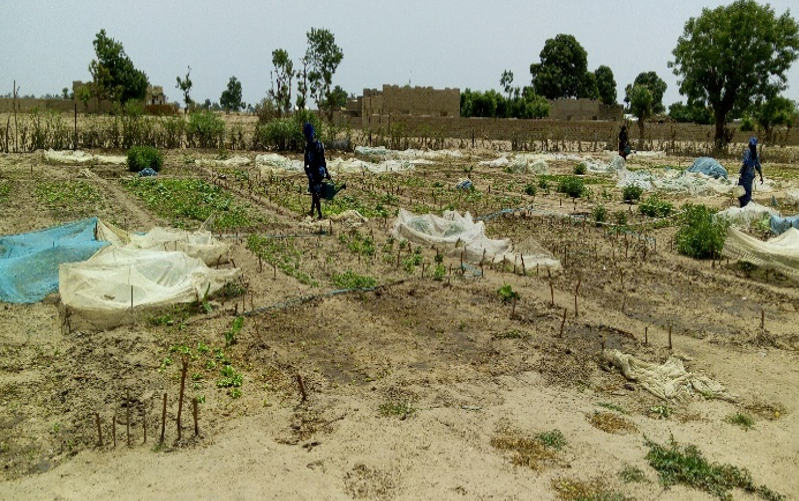Second in a series of blog posts on the release of the 2020 Annual Trends and Outlook Report (ATOR) during the virtual 2020 ReSAKSS Annual Conference Nov. 3–5. The theme of the 2020 ATOR is “Sustaining Africa’s Agrifood System Transformation: The Role of Public Policies.” This post is based on Chapter 8. Read the first post here.
Africa’s rural transformation is hampered by the difficulties and missed opportunities farmers face in accessing markets. Many of these problems can be traced to farmers’ individual struggles—i.e., a lack of economies of scale—in consistently procuring inputs and marketing their outputs. Collective action mechanisms such as producer organizations could facilitate smallholders’ access to input and output markets.
Senegal has a wealth of rural institutions and strong national-level organizations representing producer interests (Figure 1).
Capitalizing on this institutional infrastructure could help achieve policy objectives such as intensification of family farming and more and better smallholder participation in markets. Better access to markets for inputs such as fertilizers and pesticides can positively affect yields and farm revenue. Larger yields can be achieved not just by increasing the levels of input use but also by changing how different inputs are combined and the efficiency of their use.
Using data on smallholders and water user associations (WUAs) in Senegal, we find that there are two ways in which membership in producer organizations can improve smallholder productivity. First, members of producer organizations tend to be more technically efficient—that is, they can produce more with a given level of inputs. Second, organizations that are carefully designed and governed to balance efficiency and equity objectives perform better economically. And precisely because these organizations are member-owned, their performance translates directly into benefits for members. Collective action in African agriculture can thus help contribute to the goals set by the Malabo Declaration on Accelerated Agricultural Growth and Transformation by 2025, particularly agricultural productivity goals.
Governing for resilience: Producer organizations and COVID-19 in Africa
While the health impact of the COVID-19 pandemic appears modest thus far in Africa, the impact of responses including social distancing measures, the closing of markets, and reduced mobility has been felt across the board. On average, producer organizations surveyed in Madagascar, Malawi, Rwanda, and Uganda in the context of a project provided less services during the pandemic compared to the baseline. One reason for this is that in many areas gatherings were banned, creating a serious obstacle to routine decision-making. The one-member one-vote principle that governs decisions in these organizations requires a least a quorum in physical attendance. Several organizations did demonstrate resilience during this crisis and either continued providing services, or came up with innovative solutions such as extension by phone or broadcasting market information on the radio. However, some adaptation strategies such as allowing members to side-sell are likely to erode social capital in the long run. We find that factors contributing to the resilience of producer organizations are social cohesion and human capital and the collective management of natural resources.
Revisiting institutions of collective action to enhance their governance.
To help them better play their role in a rural transformation and enhance their resilience, producer organizations need additional support. Encouraging membership in producer organizations is one policy measure that could contribute to efforts such as the intensification of family farming. Access to internet and communications technologies (ICT) for virtual meetings is indispensable to maintain social cohesion and make decisions. Also, given the particularly important role of the manager in an organization’s resilience, interventions that strengthen managerial capital are key. There is also a case to be made for studying ways to enhance community-based natural resource management with producer organizations as key players. Finally, because female farmers are significantly less efficient and female-headed producer organizations are less engaged in collective commercialization, policy makers would do well to adopt gender-sensitive policies.
Fleur Wouterse is Principal Researcher with the Global Center on Adaptation; Amy Faye is a Researcher with the Senegalese Institute of Agricultural Research.







